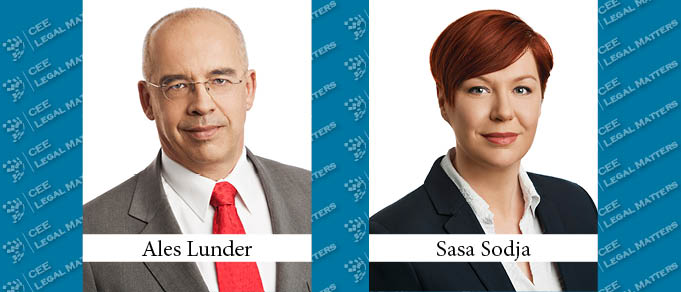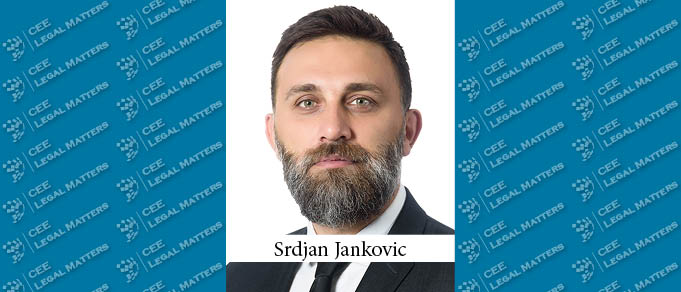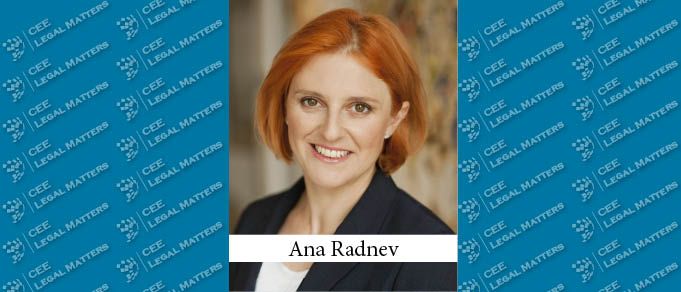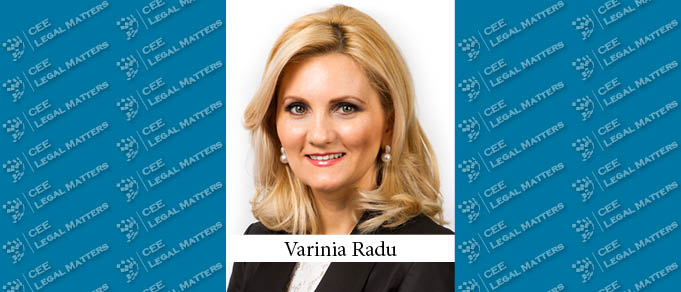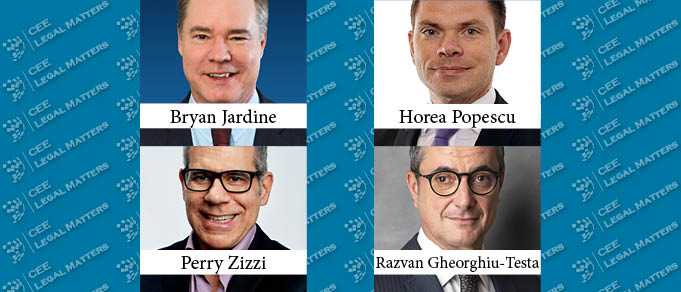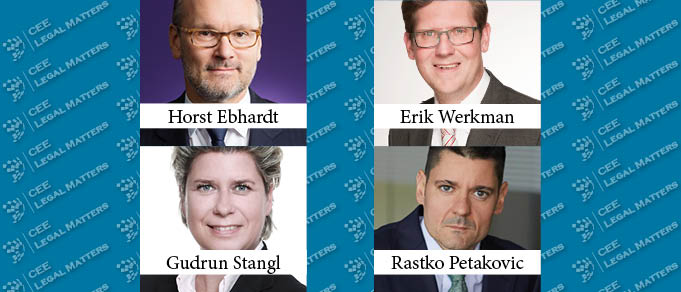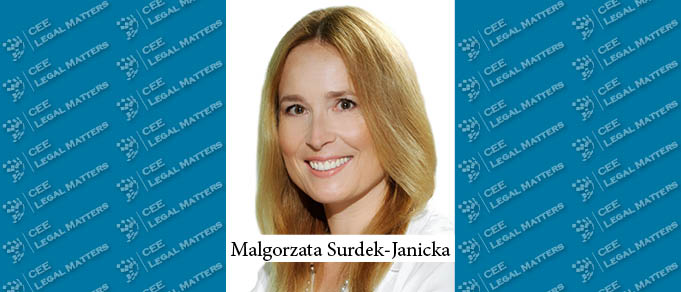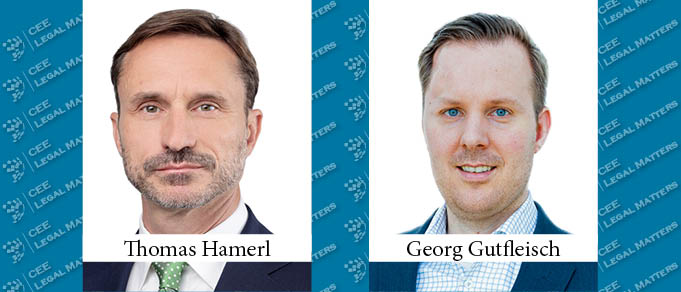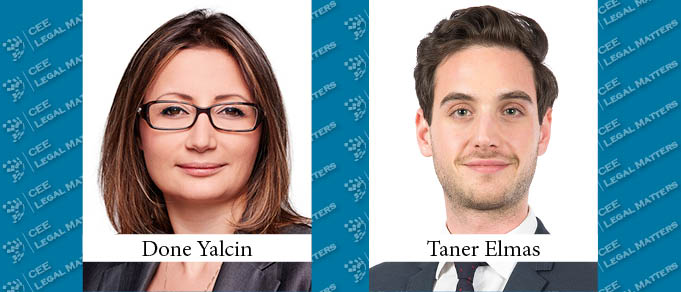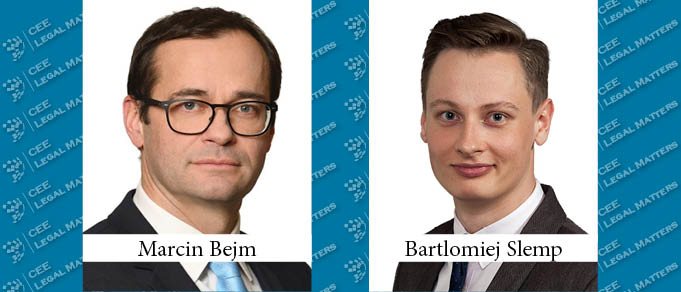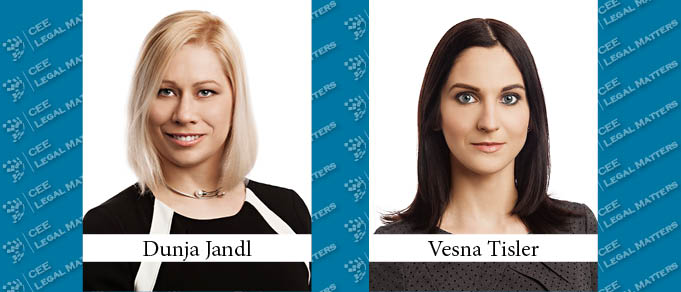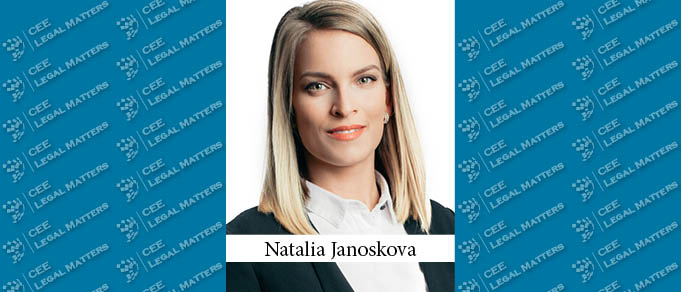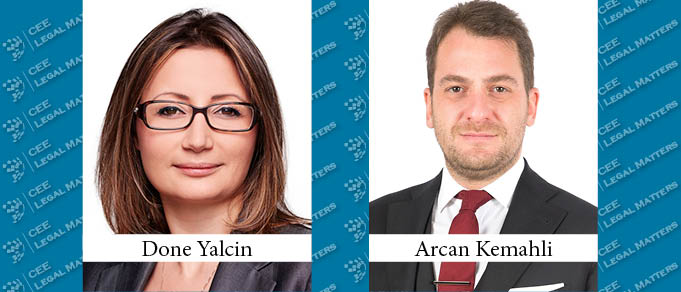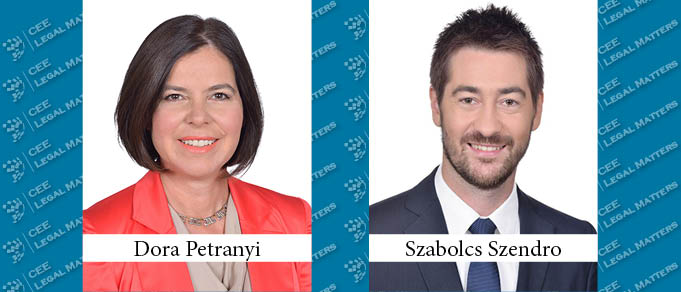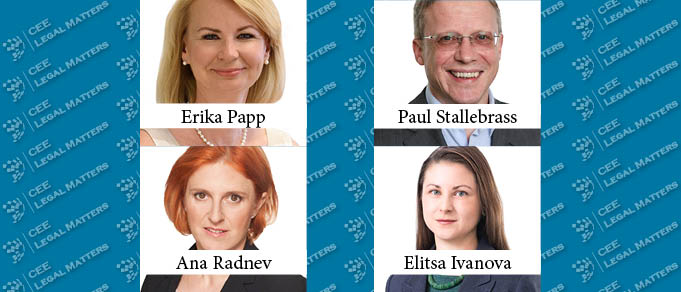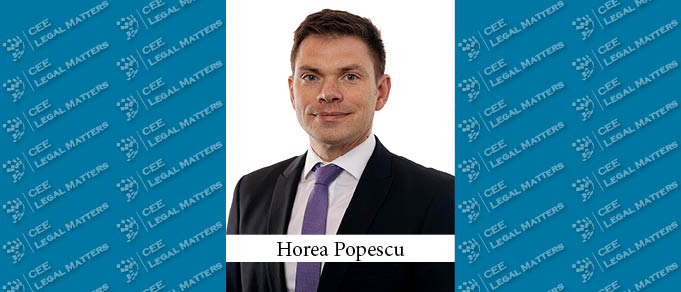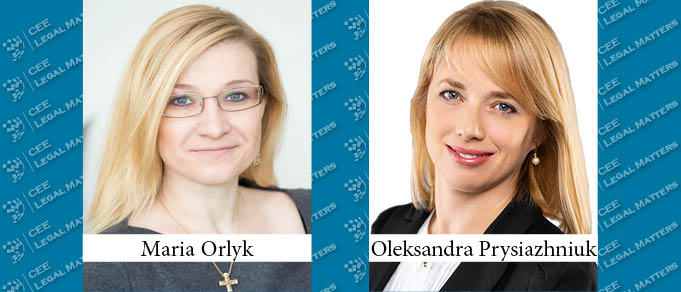On May 26, 2021, the EU’s new Medical Device Regulation came into force, significantly changing the applicable regime, including – of particular interest to the dynamic Slovenian MedTech start-up community – by providing a new definition of software applications that need to be certified as medical devices.
Serbia: Confidentiality in Managed Entry Agreements Under Serbian Law
Managed Entry Agreements consist of various forms of confidential arrangements between pharmaceutical companies and paying healthcare systems that aim to facilitate access to new technologies in public healthcare systems. MEAs make innovative and costly medicines or medical technologies affordable to patients by providing conditional access to a reimbursement system for a limited period and on balanced terms.
Post-Pandemic Rebound – Boards Taking the Lead in Financial Restructuring
We are now one year on from the first lockdown, and although many worried in the early days of the pandemic that Romania’s court system might not be able to cope with the large number of insolvencies that were expected, in fact the highly-anticipated wave of restructurings is yet to happen, as the debt moratorium which was enacted and then extended and the availability of the state aid package as well as the generally supportive approach of the lenders have helped companies manage their debt service and need for liquidity. While there is no shortage of funding, the uncertainty of the lockdown period and its impact on future developments have resulted in more amend-and-increase or amend-and-extend transactions, with borrowers adding to their existing lender groups rather than seeking a full refinancing.
How is Romania Preparing for a New Wave of Investment in the Renewables Sector?
Economic, policy, and legislative factors have revived investors’ interest in Romania’s renewables sector over the last year. As the second-largest market in Central and Eastern Europe, Romania managed to attract about EUR 8 billion in renewables investments in the first wave from 2008-2016 – mainly in solar (over 1.5 GW) and wind (over 3 GW) – benefitting from the green certificate support scheme, although Romania reached its 2020 target for green energy and investments slowed down significantly over the last five years.
Romania Rebounding: A CEELM Round Table
On April 8, 2021, CEE Legal Matters sat with senior partners from four of Romania’s leading law firms for a Round Table conversation.
The Corner Office: Childhood Dreams
In “The Corner Office” we ask Managing Partners at law firms across Central and Eastern Europe about their backgrounds, strategies, and responsibilities. The question this time: “What did you most want to be when you were little?”
A Firm Grasp of the Subject
Annual reports make up a fundamental part of many regional CEE law firms’ marketing strategies, providing those firms with an annual opportunity to demonstrate their knowledge and expertise in a particular area, their geographic footprints, and their ownership and facility with the research and technological tools and manpower necessary for the production of such comprehensive projects.
ICC International Court of Arbitration Appoints Malgorzata Surdek-Janicka as Vice-President
CMS' Malgorzata Surdek-Janicka has been appointed as Vice-President of the International Court of Arbitration at the International Chamber of Commerce in Paris. Aside from Surdek-Janicka, 33 lawyers from CEE were appointed as members and alternate members of the court.
New Rules for a Public Charging Point Register in Austria
The increasing use of electric vehicles (EVs) in Austria means the supporting infrastructure requires constant development. The Austrian federal government program 2020-2024 envisages expanding the Austrian network of charging points for alternative fuels as an essential pillar of its drive towards implementing sustainable mobility solutions. In September 2020, the Austrian government followed through with its agenda by proposing the Austrian Renewable Energy Expansion Act (Erneuerbaren-Ausbau-Gesetz, EAG), which includes an amendment of the Austrian Act on Uniform Standards for Alternative Fuels Infrastructure Developments (Bundesgesetz zur Festlegung einheitlicher Standards beim Infrastrukturaufbau für alternative Kraftstoffe, BGFS). The EAG has recently been approved by the government and is now subject to discussions/approval by the Austrian parliament. The cornerstone of the amendment, which is expected to enter into force in the second half of 2021, involves establishing a public charging point register so that EV drivers can locate publicly accessible charging points when they need them and obtain other relevant information.
Turkey’s Transportation Leap and the 1915 Canakkale Bridge and Highway Project
Strong investments in the Turkish infrastructure sector have been the driving force behind Turkey’s economic development. In the last decade, several investments referred to as “mega-projects” have gained much attention, such as the completed Eurasian Tunnel in Istanbul, a road transport tunnel running under the Bosphorus to connect the European and Asian sides of Istanbul; the new Istanbul Airport, increasing capacity from over 100 million to over 200 million passengers per year; the third Istanbul Bridge, still one of the largest projects with construction costs of around TRY 4.5 billion (although it fell short of expectations and required USD 2.7 billion in refinancing from ICBC and still could not be executed due to the pandemic). One of the most recent projects is the 1915 Canakkale Bridge and Highway Project.
Good Climate for PPP in Poland
The coronavirus pandemic and accompanying restrictions introduced by the majority of countries around the world are having a major impact on the development of global and local economies. It seems that carrying out infrastructure investment projects may help with rebuilding the economic and financial condition of countries negatively affected by the coronavirus.
Slovenia: Commercial Leases in the Grip of the COVID-19 Epidemic
The COVID-19 epidemic and consequent restrictive measures strongly affected Slovenia’s economy, including the country’s rental market. The COVID-19 epidemic impacted all commercial leases, with tourism, hospitality, and to an extent retail among the sectors suffering most. Commercial properties with strong tenants such as IT & Life Science companies and public sector entities proved to be much more resilient than commercial properties dependent on tenants from distressed sectors.
Slovakia: Deposit System for Disposable Beverage Packaging in Slovakia
As of January 1, 2022, a deposit system for disposable beverage packaging will be introduced in Slovakia. Some disposable beverage packaging manufacturers and distributors will therefore have new obligations.
Real Estate Goes Green in Turkey
Turkey continues to prioritize the adoption and consistent implementation of sustainability principles throughout its economy. Indeed, the Turkish Capital Markets Board recently set a voluntary threshold for companies subject to its supervision, and many are finding the use of green buildings valuable in reaching them. In addition to their economic benefits, green buildings – which are socially and environmentally compatible with their environment – are gaining importance in determining a company’s level of sustainability credibility and sustainable investment commitment.
New Era to Control Digital Platforms? Regulation vs Enforcing Existing Laws
The current backbone of the EU’s e-Commerce Directive was adopted 20 years ago. Since then, the landscape of the digital economy has changed significantly, as most online platforms in use today did not exist in 2000. As a result, many digital experts claim that competition enforcers have failed to tackle some of the specific challenges created by the new digital platforms.
The Future of Finance in CEE: How 2020 Changed the Market and What to Expect in 2021
As last year’s upheavals continue to influence finance markets in 2021, Erika Papp, CMS’s Head of Finance CEE/CIS, and CMS’s Regional Finance Partners Paul Stallebrass in Prague, Ana Radnev in Bucharest, and Elitsa Ivanova in Sofia offer their perspectives on what this year might hold for financing in CEE.
Meaning of M&A in CEE
Horea Popescu, Managing Partner of CMS Bucharest and Head of CMS’s Corporate M&A Practice in CEE Looks Back at an Unusual Year.
Overview of the Corporate Governance Code of Ukraine
Good corporate governance contributes significantly to increasing company value and strengthening the confidence of investors. It has been promoted in Ukraine, as across the world, in the past few decades, and in March 2020, the Core Code of Corporate Governance, which was based on the work of over 50 Ukrainian and international experts, was adopted by the National Securities and Stock Market Commission of Ukraine (NSSMC).

